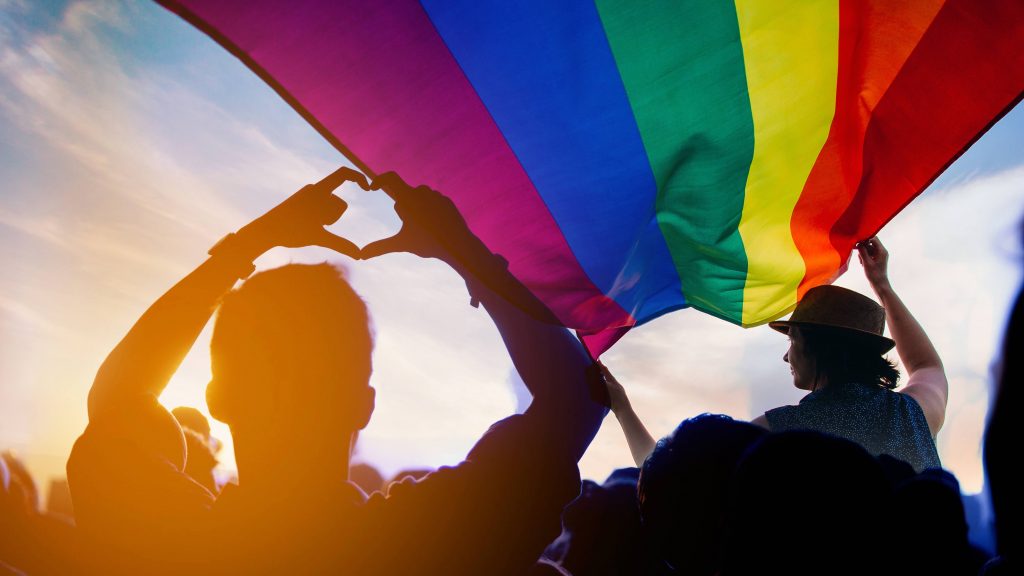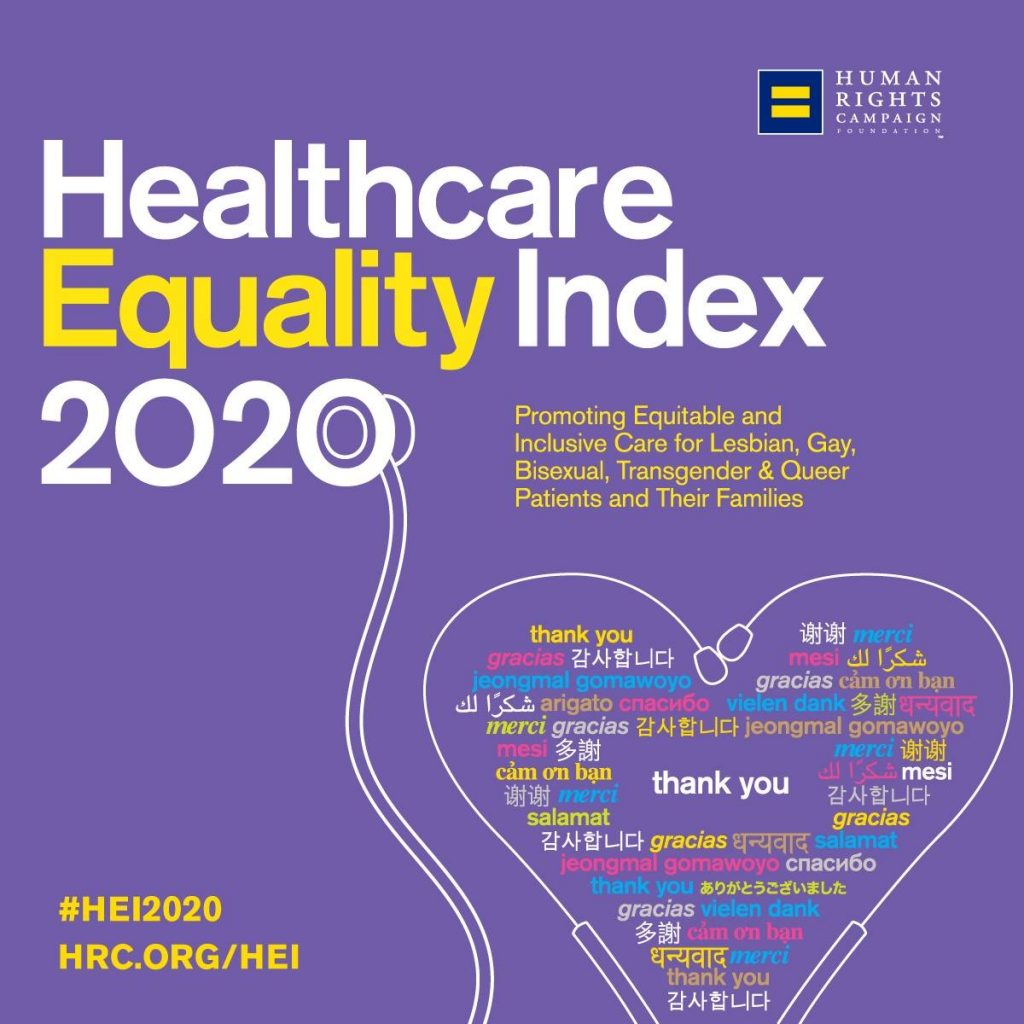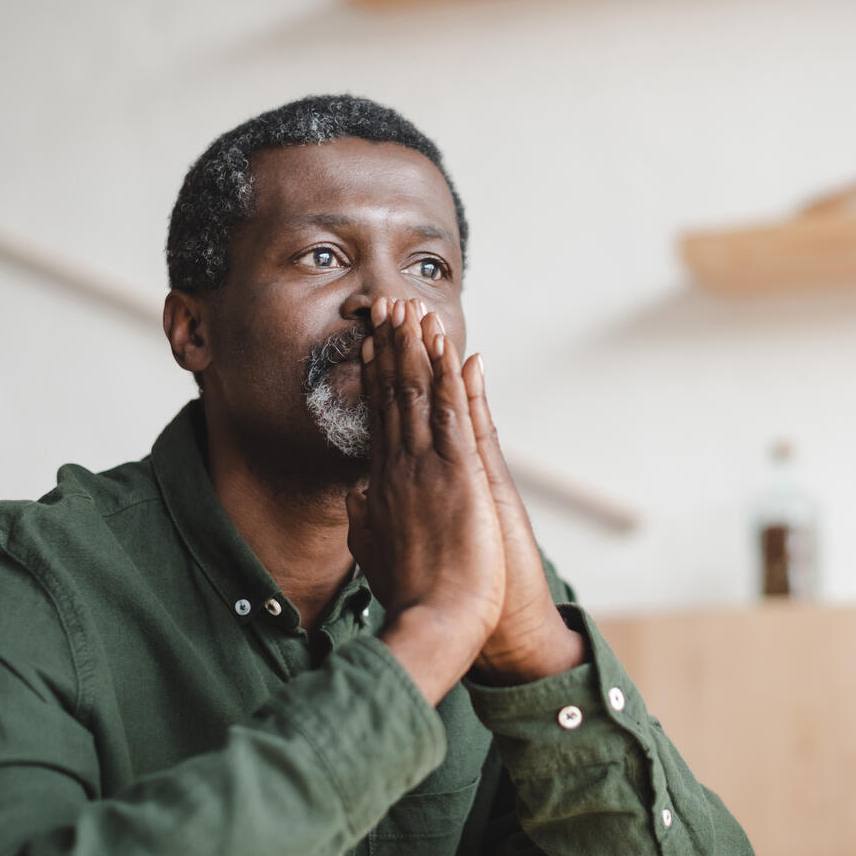-
Diversity
Mayo Clinic named a ‘Leader in LGBTQ Healthcare Equality’ by Human Rights Campaign Foundation

The Human Rights Campaign Foundation has named Mayo Clinic as a leader in health care equality for LGBTQ people.
This article is written by Mayo Clinic Staff.
__________________________________________
Mayo Clinic in Arizona, Florida and Rochester have been recognized by the Human Rights Campaign Foundation as "Leaders in LGBTQ Healthcare Equality."
The Human Rights Campaign Foundation is the educational arm of the Human Rights Campaign, the largest civil rights organization in the U.S. working to achieve equality for lesbian, gay, bisexual, transgender and queer (LGBTQ) people.
The foundation uses its annual Health Equity Index survey to provide organizations the opportunity to benchmark their policies and procedures that support LGBTQ people. Each year, the expectations change and challenge growth, requiring reviews focusing on non-discrimination and staff training, patient services and support, staff benefits, policies, and patient and community engagement. This year, the standard for designation as a "Leader in LGBT Healthcare Equity" required companies to demonstrate that they offered, at minimum, a single company-wide health insurance plan that affirmatively provides transgender-inclusive coverage to achieve the designation of a "Leader in LGBT Health Equity."
"Our staff are also our patients," says Sharonne Hayes, M.D., medical director for the Office of Diversity and Inclusion. "As LGBTQ individuals, they are on the front line experiencing the care we provide. Their feedback is paramount to how we provide equitable care. This has allowed us to continue to improve our policies, health care and benefits to the patients and staff we serve."

Recommendations for policy changes have been a collaborative effort of LGBTQ Mayo Employee Resource Groups (MERGs) across the organization with input from executive sponsors, department diversity leaders and the Office of Diversity and Inclusion. Through this collaborative effort, Mayo Clinic has created an internal OUTlist for staff support, guidelines for Gender Transition in the Workplace, a LGBTI Student Resource Group, as well as identified areas of growth to support transgender medical coverage in the organization's health insurance plan.
"This demonstrates the hard work and collaborative effort from those involved in the local MERG and across the institution has paid off," says William Bals, a research protocol specialist who chairs the LGBTI MERG in Arizona. "Each year we celebrate the small but meaningful gains we're able to achieve in support of a more accepting, diverse and inclusive environment Mayo Clinic brings to both its employees and the surrounding local communities."
As the LGBTI MERGs identify projects for 2020, they will focus on the inclusion of personal pronouns, the Chosen Name Project and the addition of the Arizona Transgender Care Center.
"Achieving this designation underscores the influence of the Mayo Employee Resource Groups," says Lor Lee, director for the Office of Diversity and Inclusion. "They are more than a resource. Mayo leadership often brings in different MERGs to help guide Mayo Clinic on improving its business practices. These changes allow us as an organization to lead in the reduction of health disparities."







